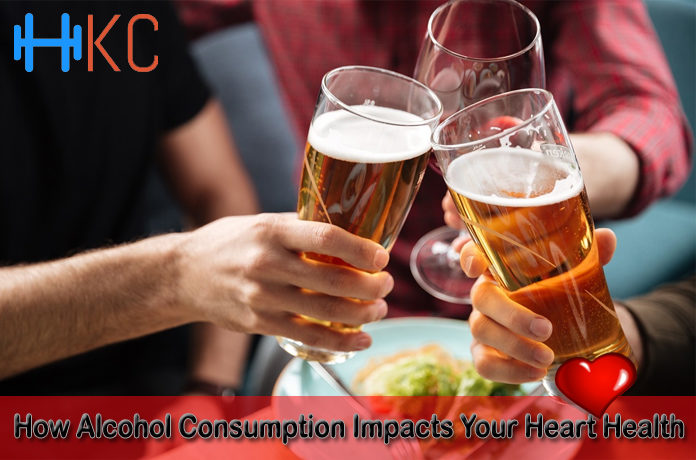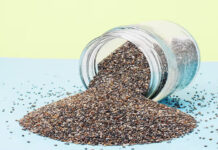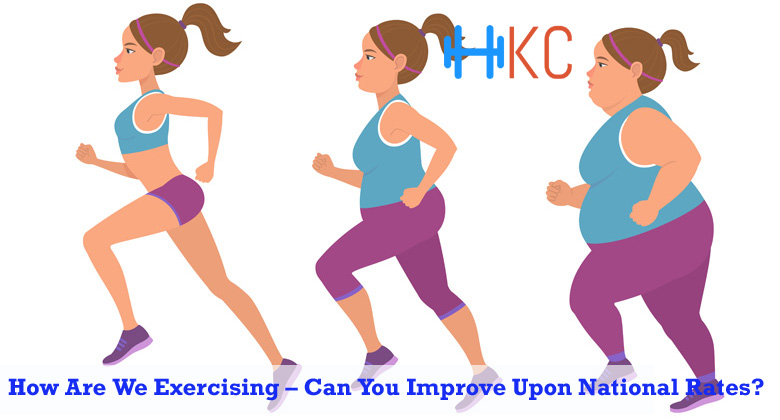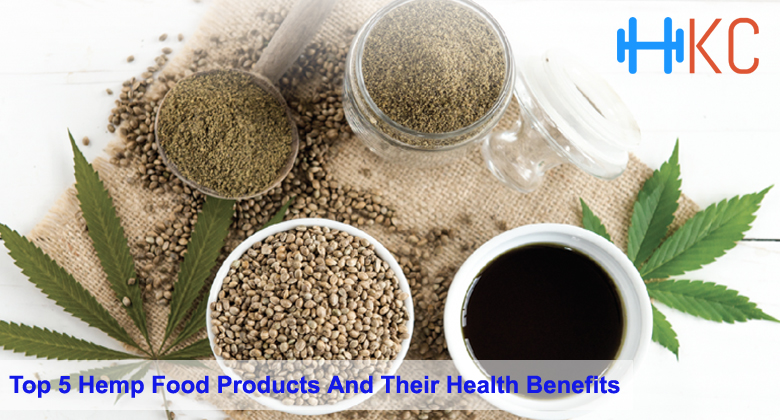The United Kingdom hosts a large number of people who drink alcohol. As of 2014, approximately 59% of the adults in the country admitted consuming alcohol. The only silver lining to this statistical cloud was that these individuals drank lower than 14 alcohol units in a week, which is considered a moderate amount.
The Mayo Clinic informs that moderate alcohol consumption may pose some health benefits. However, it is not entirely free of risks to your health. On top of that, moderate amounts of the beverage exhibit amped up risk for people who come from a family with a history of alcohol abuse, poor cardiovascular health, and diabetes.
Unfortunately, drinking alcohol comes with adverse health consequences. You might brush off the immediate effects of drinking. But the impact of alcohol consumption does not end there.
There are a number of issues that come in the company of alcohol abuse. For instance, drunk driving, problems of sleeplessness in the long-term, and attempts at getting sober on your own. Regular intake of alcohol comes to a crescendo of health conditions including poor heart health.
Here is an in-depth look at how alcohol consumption correlates with poor cardiovascular health:
Alcohol intake corresponds with an increased risk of a heart attack
A heart attack occurs when the oxygen supply to your pumping organ is cut off or lessened. Oxygen reaches your heart via thin arteries. If blood flow in these arteries is blocked, it can result in a heart attack.
Numerous factors can cause a blockage in your oxygen-supplying artery. For example, accumulation of cholesterol, plaque, and fat. This can decrease the diameter of the coronary arteries, which can slow down oxygen supply to the heart, resulting in a heart attack.
Drinking alcohol boosts fat levels in the blood. Such increased amounts of fat tend to clog arteries gradually. Subsequently, your odds of getting a heart attack rocket. In fact, researchers at the University of California San Francisco confirm that drinking can shoot the risk of having a heart attack by 40%.
Makes your heartbeat irregular
An irregular heartbeat is medically referred to as Holiday Heart Syndrome. The term implies an irregular heartbeat pattern in individuals who are healthy. Binge drinking alcohol culminates in this exact problem.
It is characterized by severe pain in the center of the chest. The Holiday Heart Syndrome occurs in the aftermath of heavy drinking episodes that involve a minimum of 15 units. This can make you breathless, alter your blood pressure, and also multiply the odds of a heart attack. Over and above that, the risk of sudden death also mushrooms with a disturbed heartbeat pattern.
Results in high blood pressure
Over-drinking alcohol is associated with an increase in blood pressure. Your heart is responsible for pumping blood to all the organs of your body. As it pumps, there is a certain pressure applied by the cardiovascular system, which is critical for circulating blood. This is what is known as the blood pressure.
Excess drinking disturbs the normal blood pressure and increases it so that the heart and its associated arteries exert more pressure. Subsequently, your heart pumps harder, which exerts more strain on the cardiovascular system.
The effects of high blood pressure are far-reaching. It serves as a major risk factor for a heart attack, stroke, and even heart failure. In the UK, over 50% of the strokes are caused by high blood pressure. Therefore, drinking is seriously dangerous for your heart’s health.
Can lead to stroke
Alcohol intake is linked to two types of strokes namely, ischemic stroke, and hemorrhagic stroke. Both these stroke types culminate in a hampered flow of blood to the brain tissue. This results in a loss of sensory or motor functions. Furthermore, a stroke can chip in damage to other areas of the body including respiratory, skeletal, digestive, urinary, and muscular systems.
Haemorrhagic stroke
This type of stroke occurs when an artery that carries blood to the brain tissues tears and consequently bleeds. Excess amounts of alcohol result in high blood pressure, which weakens the arterial walls. This swells the risk of arterial tear and bleeding to the force of increased blood pressure.
Ischemic stroke
Such a stroke occurs when the artery responsible for transporting blood to the brain becomes blocked. This blockage could be due to a clot in the artery. Alcohol snowballs the risk of an ischemic stroke in three ways.
Firstly, drinking significant amounts of alcohol corresponds with high blood pressure. This, in turn, can encourage a foreign body like a plaque to break off from its main reserve. Such a free foreign molecule then travels in the bloodstream until it lodges in the artery leading to the brain. Secondly, alcohol intake boosts the markers of bad cholesterol (fat) in the blood, which can form into a clot.
Lastly, it can promote the formation of a clot due to an irregular heartbeat. All these influences of alcohol multiply the risks of ischemic stroke.
Weakens heart muscles and leads to atrial fibrillation
Another impact of alcohol consumption on your heart’s health is damaged heart muscles. Such a condition is termed as cardiomyopathy, whereby, the heart muscles are weakened due to excess alcohol. This problem grows big overtime and oils the wheels of congestive heart failure. Under such a condition, your heart fails to pump enough blood to meet the requirements of your body.
In the case of atrial fibrillation, the upper heart chambers quiver instead of beating normally. Drinking alcohol can cause atrial fibrillation in one episode as well as from the long-term consumption. All this translates into inefficient blood flow to the body.
Atrial fibrillation can also cause the blood to pool and clot if it doesn’t leave the upper chambers of the heart. The clot can then enter an artery and aggravate the chances of an ischemic stroke.
Key takeaway
Briefly, alcohol consumption implicates the heart health severely. It spirals the likelihood of a heart attack, stroke, and atrial fibrillation. At the same time, it weakens heart muscles, and contributes to high blood pressure and irregular heartbeat.























